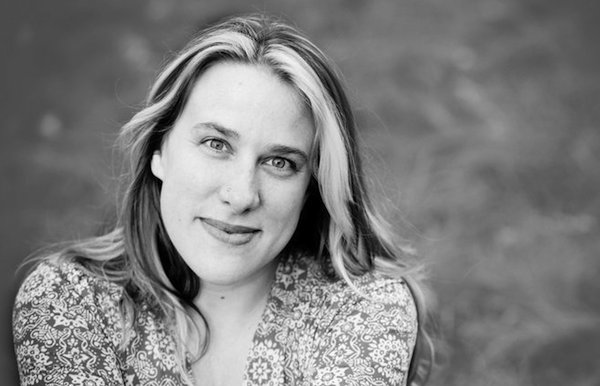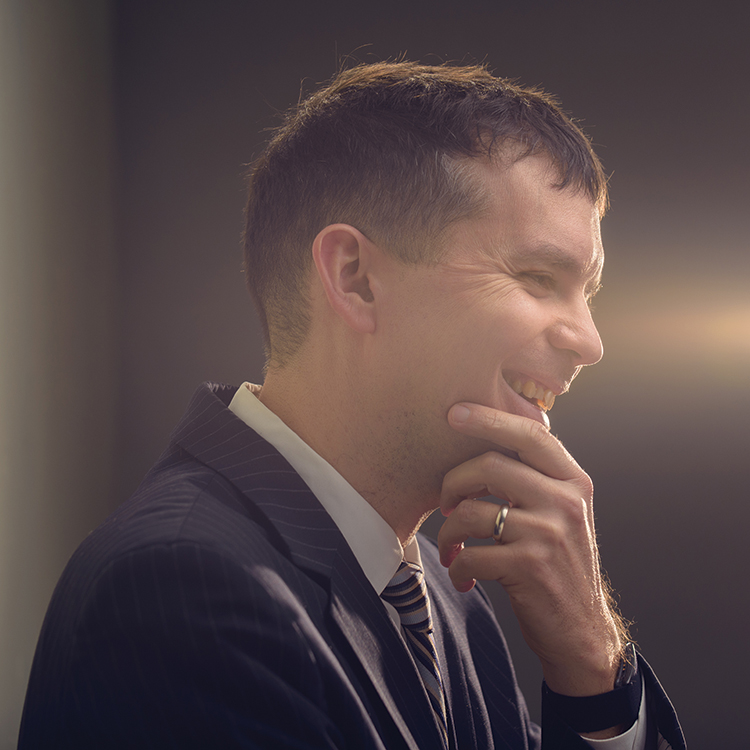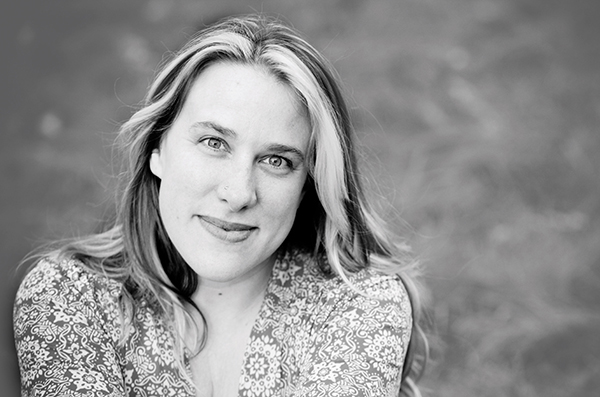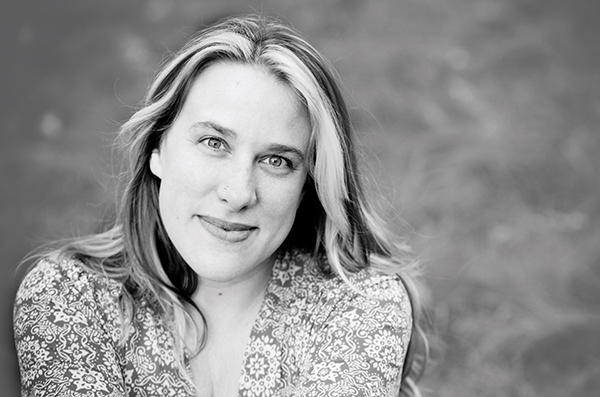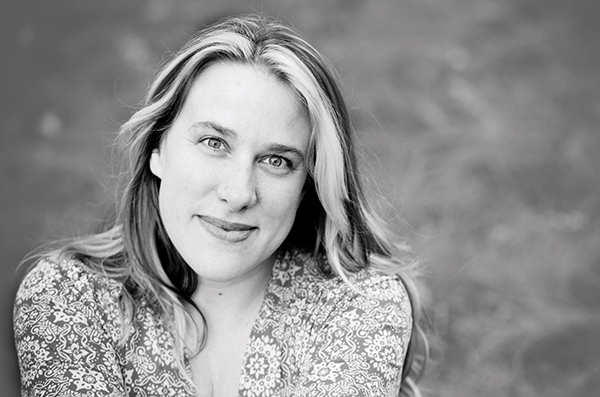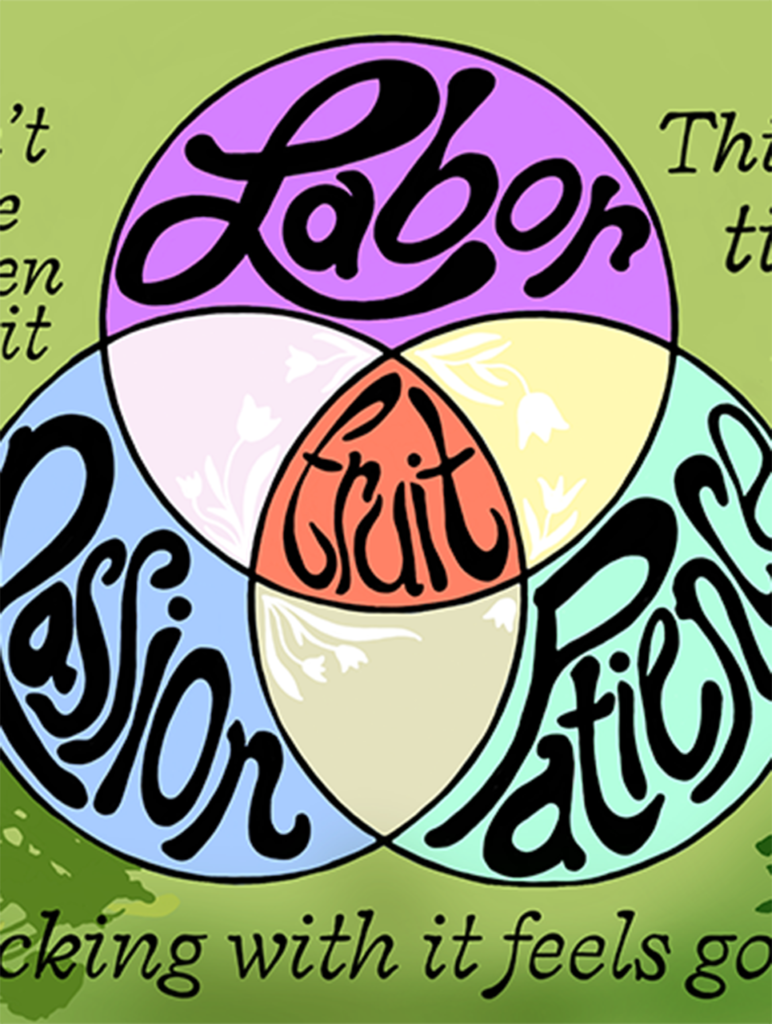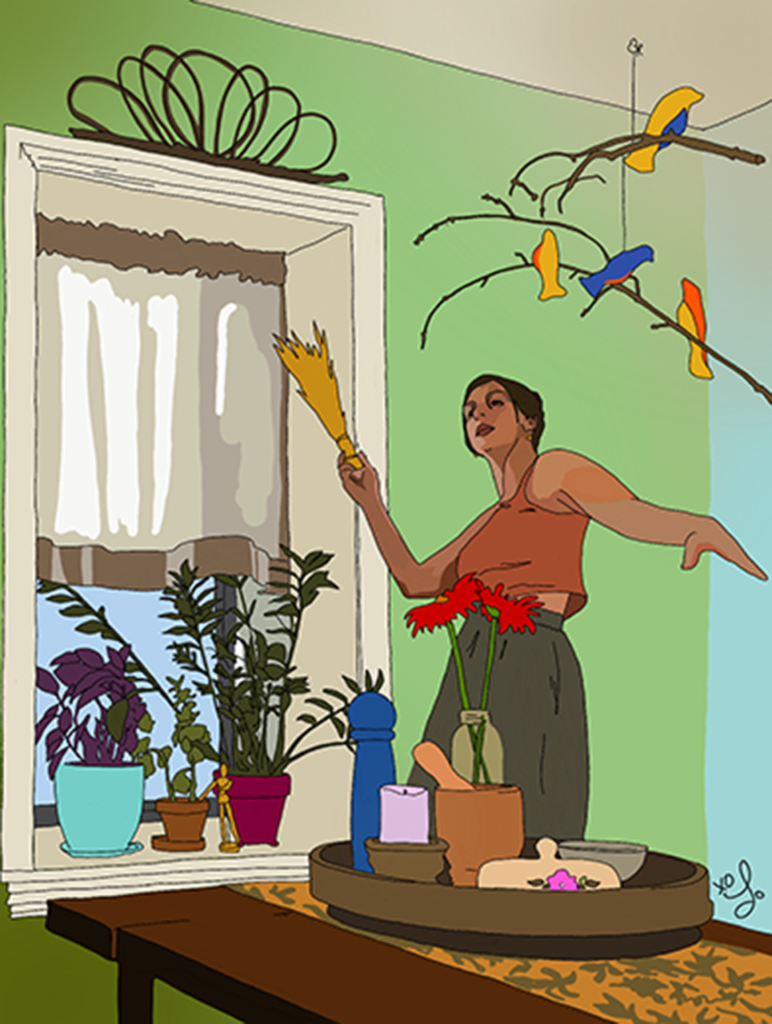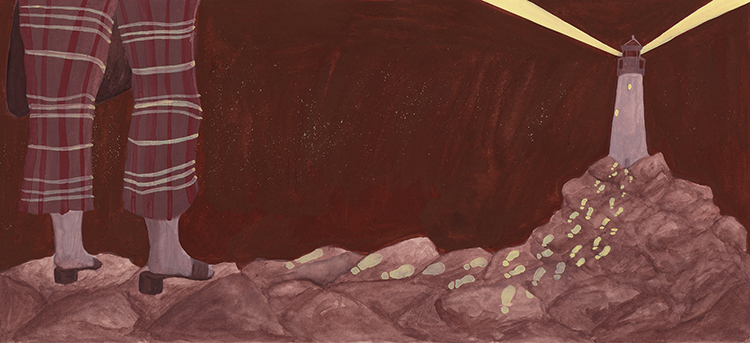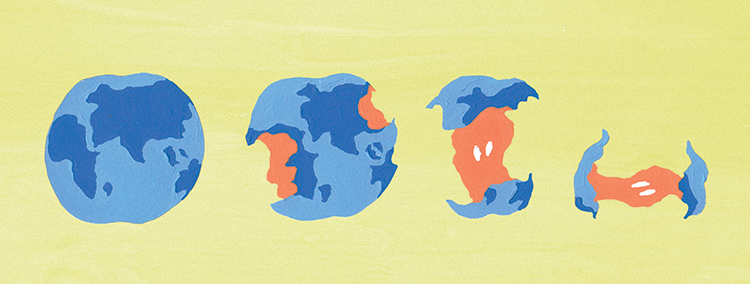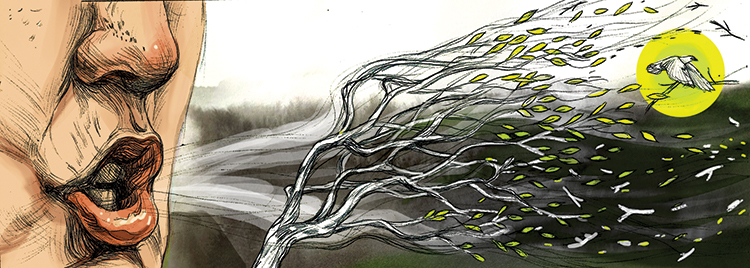After Midnight
by Heather Shayne Blakeslee
At a time of year when we hope to reflect on what is most important to us in our families, communities and within ourselves, we’re being confronted with just how wrong things can go when we aren’t vigilant about our values every day of the year.
After a gut-wrenching election, we watch as President-elect Donald Trump stocks his Cabinet with spoiled meat and rotten apples, a veritable rogues’ gallery as unfit to lead as he is. And while I’m worried about the gutting of the Environmental Protection Agency and the Department of Education, I’m more worried about something closer to home: the possibility that friends of mine, in the harsh spotlight of this new regime, won’t make it home to their porch light one night.
Violence spiked everywhere in the country in the days after the election, and where I live in South Philadelphia, swastikas were painted on storefronts, revelers at a street party threw glass bottles at a gay man as he walked home, and “Trump” and “black bitch” were spray painted on a woman’s white SUV. At the University of Pennsylvania, all black freshmen were added to a social media group called “Nigger Lynching,” an act that the FBI is still investigating.
When Trump turned to the “60 Minutes” camera and told supporters who were committing hate crimes in his name to “Stop it. Just stop it,” it was a little too late. It was like watching a malevolent babysitter—amid the din of destruction—whisper that it was bedtime after pumping the kids full of caffeine and candy, giving them power tools and telling them there were no rules anymore.
It’s only partially a metaphor. Our children are listening to what has been going on. The Southern Poverty Law Center reports that acts of intimidation and violence spiked after Trump’s win, and fully 40 percent have been committed at K-12 schools and at colleges and universities. Kids have told their classmates that they should be deported, that they should be out picking cotton and much, much worse.
In light of that fact, I’m going to suggest that—in addition to really owning that some of us are protected by our skin color, sexual orientation, gender or money, and resolving to give time and money to the causes that reflect our values—we should also make a pledge to talk to the kids in our lives.
A teacher and students from my own high school in central Pennsylvania have just asked for my guidance to set up a student group dedicated to supporting vulnerable kids and community members. That gives me hope.
Teaching this period of our history in real time will be no mere civics lesson on how the political mood of the country swings left and right. We must help them understand that this isn’t normal, and that they have a role to play in keeping the people around them safe. If we’re going to give our kids power tools, let them be in the service of dismantling the racism, misogyny, homophobia and xenophobia that undergird our society.
Three values were clear in my house growing up: Work for what you want, treat everyone with respect, and stand up for the people who need your help; we needed few rules as a result. As kids, we could stay up as long as we wanted as long as we were good. As teenagers, we had no curfew, and we were expected to conduct ourselves in the same way before and after midnight.
It’s after midnight now, and it feels very dark. In what feels like the absence of rules, I am depending on those values to light the way.


